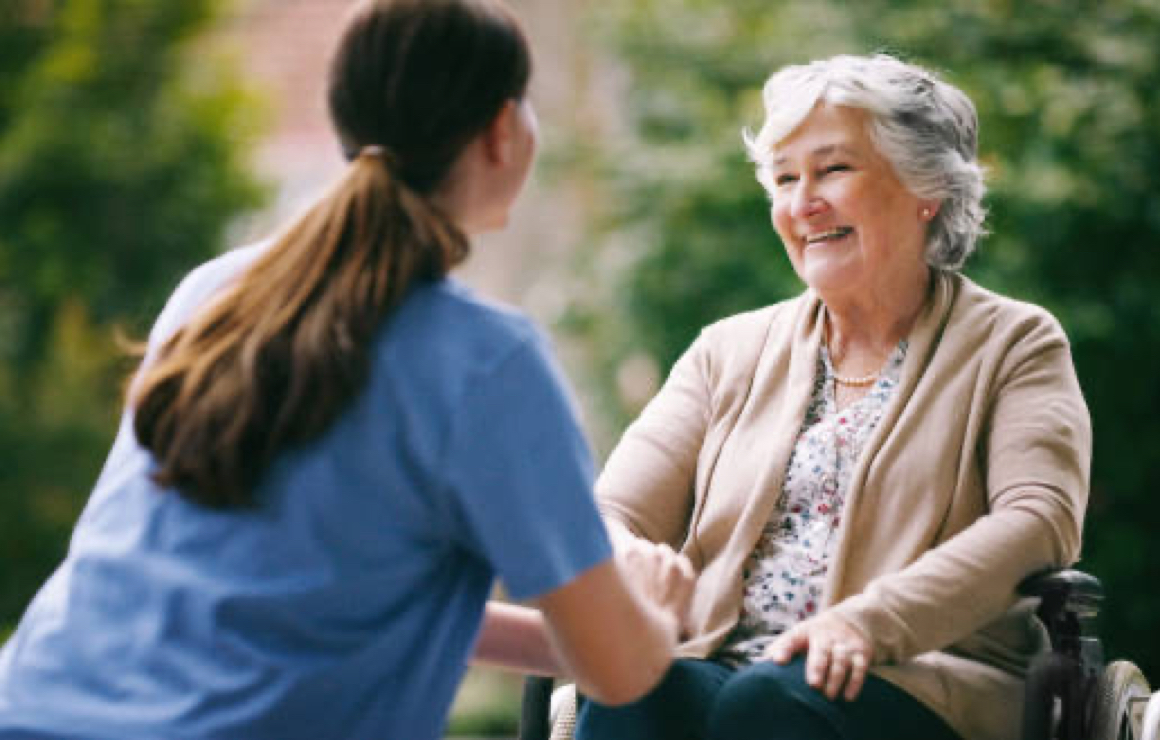The person(s) or organization who initiates and funds the clinical trial.
The support that caregivers provide to clinical trial participants is similar to the support they provide to any loved one with a medical condition. Caregivers may help with day-to-day details such as providing or coordinating transportation to study visits, taking care of household duties, and offering emotional support. It can also be helpful for caregivers to attend study visits with their loved one, ask questions to the research team, and take notes.
To support a loved one in a clinical trial, it may be helpful for a caregiver to review the informed consent document and speak with the research team to learn more about the details of the study. This can help with things like planning for study activities and knowing how to report any side effects that the participant may experience.






